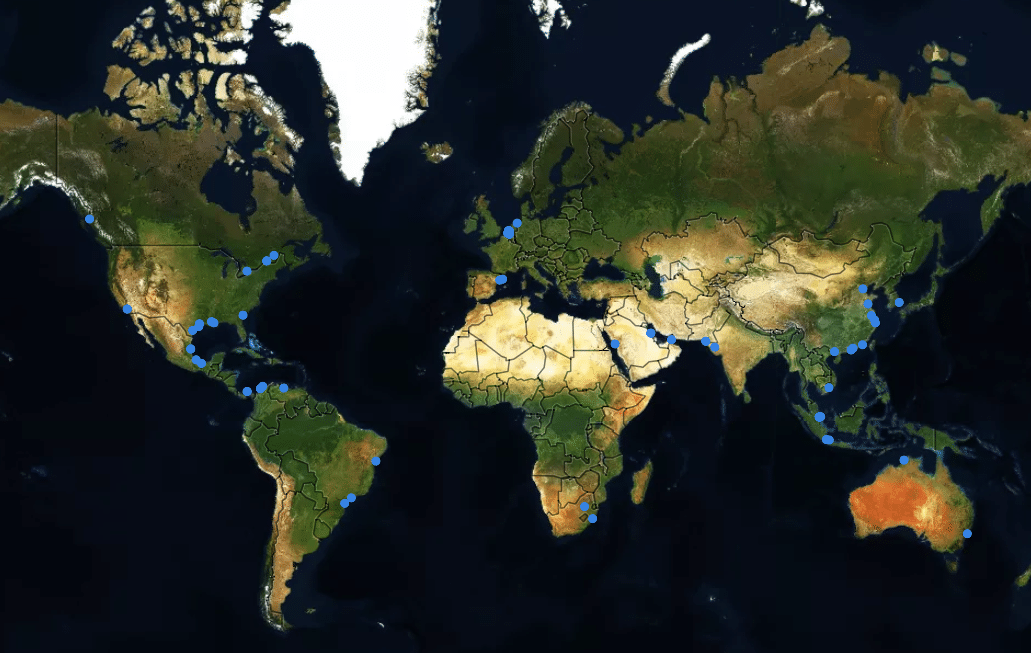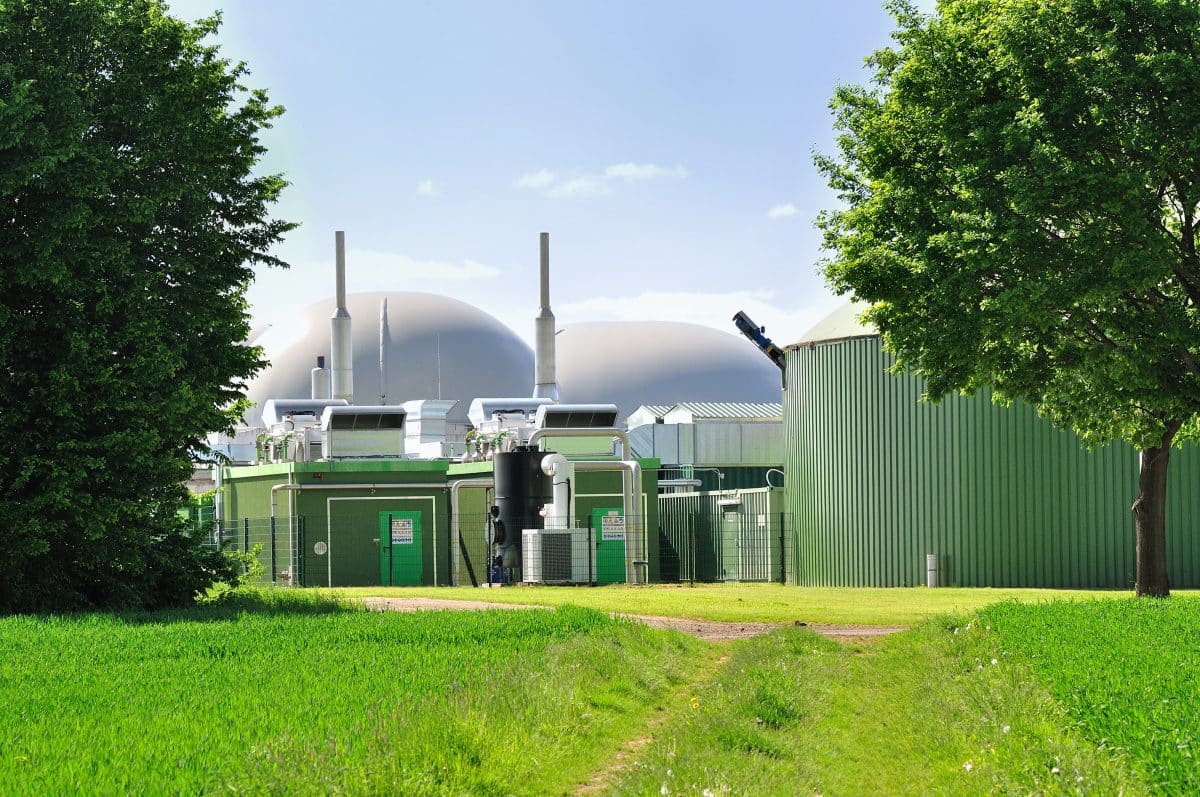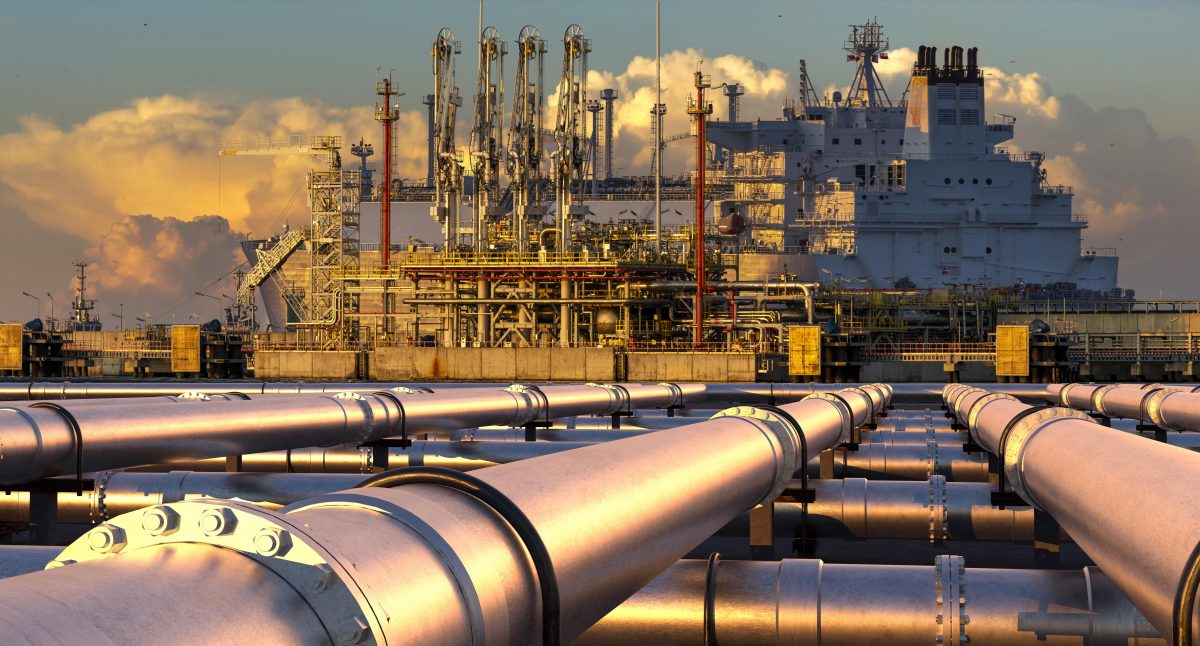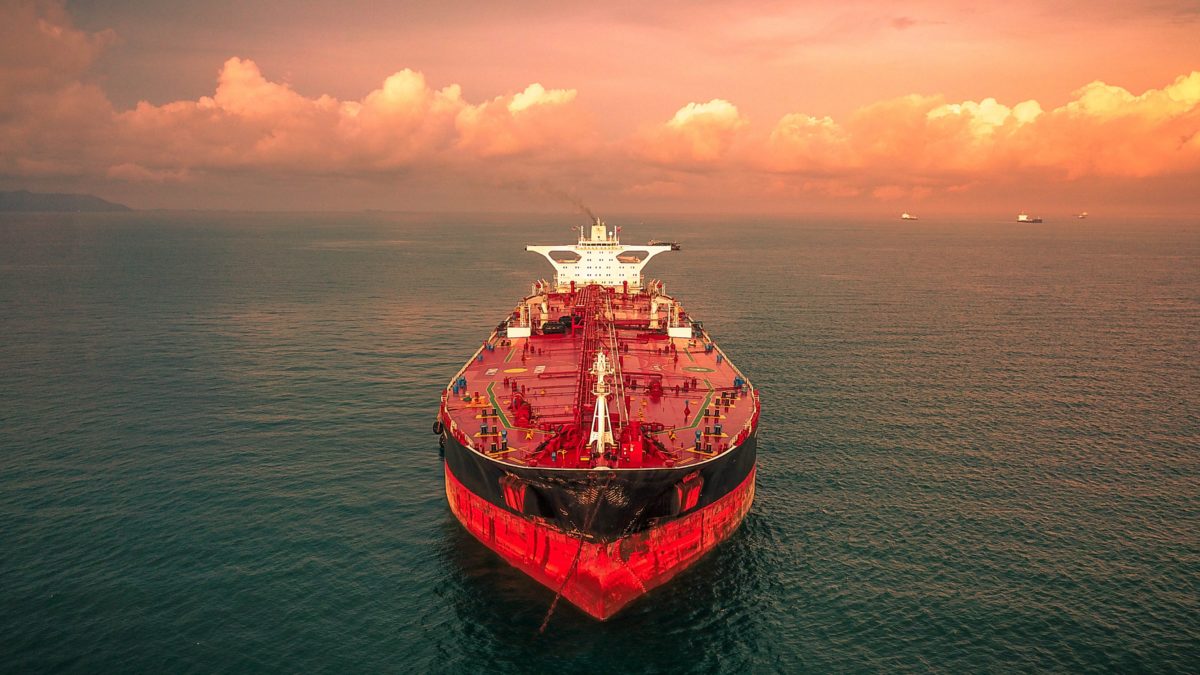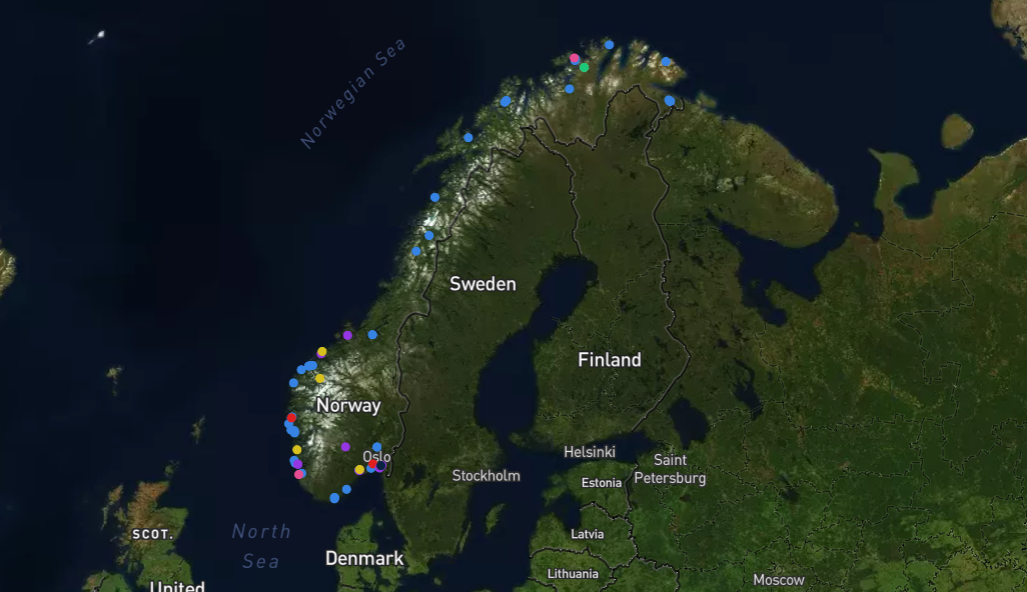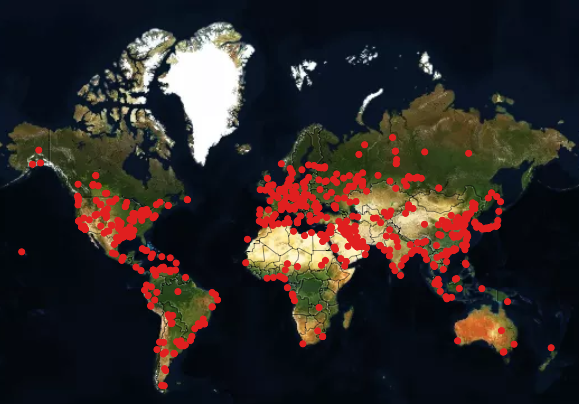Indian refiners are wary of buying Russia crude oil loading after Dec. 5 when European Union sanctions take effect, pending clarity on the proposed G7 price cap mechanism, according to sources familiar with the refiners’ crude purchase plans.
Chinese refiners have already begun slowing down Russian oil imports from next month.
The Asian giants, who are two of the world’s top three importers, had become Russia’s biggest customers after the West shunned Russian oil after the outbreak of war in Ukraine.
Reduced buying by both of them would leave Russia chasing alternative customers, potentially depressing prices even if those new buyers are unlikely to join a plan by rich nations in the Group of Seven (G7) to cap Russian oil prices.
Reliance Industries Ltd (RELI.NS), operator of the world’s biggest refining complex and a major customer for Russia, has not placed orders yet for Russian cargoes loading after Dec. 5, two sources familiar the refiner’s purchase plans told Reuters.
Neither has state-run Bharat Petroleum Corp (BPCL.NS), they said.
The Indian companies did not respond to Reuters email seeking comments.
According to the sources, Reliance is cautious about reactions from foreign banks given its exposure to the western financial system and overseas sales of refined products.
“There are too many uncertainties attached to the cap mechanism. We don’t know what the payment mechanism could be and what could be the cap level,” said a source at one of the state refiners.
Still, Indian Oil Corp (IOC.NS), the country’s top refiner, has placed orders for Russian cargoes, including for loading some parcels beyond Dec. 5, under term and spot deals, said one of the sources.
“IOC wants to secure barrels,” the source said, adding that Indian refiners have the option of raising purchases under their term deals with the suppliers, mainly in the Middle East, to meet their contractual commitments if they face problems in getting Russian supplies.
IOC did not respond to Reuters email requesting comment.
In contrast, private refiner Nayara Energy, majority owned by Russian entities, plans to continue Russian oil imports, sources aware of its crude purchases said.
After western sanctions were imposed on Russia and Rosneft, which owns about 49% of Nayara, most foreign banks stopped dealing with Nayara, leaving the refiner dealing through Indian banks.
PAYMENT, INSURANCE
While refiners are cautious about sanctions, India and Russia have set up alternatives to western insurance, finance and maritime services in order to conduct their trade.
Indian refiners buy Russian oil on a delivered basis with insurance – cargo, P&I and hull and machinery – arranged by Russian entities. India accepts Russian insurance.
Also, India has recently devised a mechanism to settle trade with foreign nations in rupee terms through vostro accounts of foreign banks in India.
A commerce ministry official on Tuesday said Russia’s Gazprombank had opened a vostro account with UCO Bank (UCBK.NS), and VTB Bank (VTBR.MM) and SberBank (SBER.MM) have opened accounts with their own India-based branch offices. read more
India’s central bank in July this year introduced a new mechanism for international trade settlements in rupees.
Reuters by Nidhi Verma, November 22, 2022

